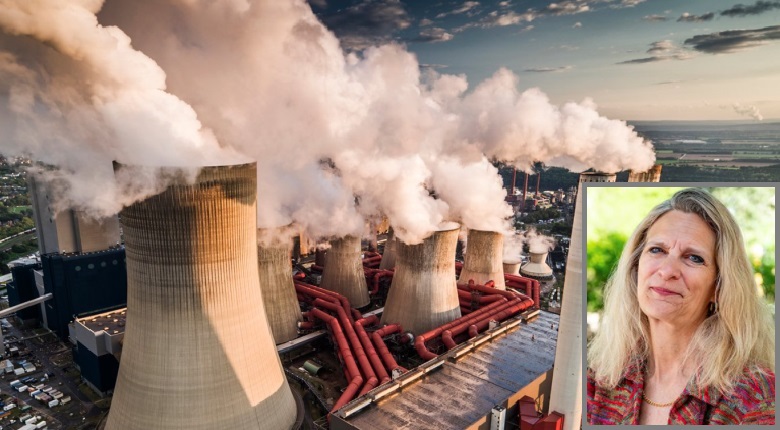The modified Build Back Better framework of the White House contains $555 billion to combat climate change. US President Biden has called it the most significant investment to deal with the climate crisis ever. US Congress passed the first part of Biden’s domestic agenda, the bipartisan $1.2 trillion infrastructure bill on late Friday night. However, the bill does set the stage for actions that could help curb climate change, including putting billions toward electric vehicles. The majority of the climate action on the table lies within Biden’s $1.75 trillion Build Back Better agenda, which is still being negotiated. The climate experts and activists have expressed excitement for the framework and say that while not perfect, it can substantially help the US tackle the climate crisis.
The senior vice president of political affairs for the Environmental Defense Fund, Elizabeth Gore said, “It makes dramatic new investments in fighting climate change. And these are transformational changes that would really, dramatically reduce emissions and really move us in the direction of the change that we need to reach the clean energy economy that we need”. She said the thoroughness of the framework has garnered a lot of support from the environmental community, and that she and many of her colleagues are excited to see what it could mean for the coming decades. The environmental scientist Deborah Brosnan said, “I’m very optimistic. The environmental community doesn’t always agree on everything, but this has unified our community in a way that we haven’t seen in a long time. This is a game-changer, and it’s almost like it takes us from the 20th century into the 21st century, heading for the 22nd century”.
Moreover, the Build Back Better framework would cut more than a gigaton of greenhouse gas emissions by 2030. The White House said it is an amount between 50 and 52% lower than 2005 levels. Cutting these emissions is essential in limiting the amount the planet warms, as greenhouse gases trap heat in the atmosphere. The framework includes a waste emissions charge that would fine oil and gas producers that exceed an applicable waste emissions threshold. The tax credits, amounting to roughly $320 billion are outlined as lasting for 10 years and would help both people and companies invest in and transition to clean energy solutions, including purchasing electric cars, installing solar panels, and manufacturing wind turbines. The environment experts also referenced the electric vehicle provisions, as the framework includes whole-picture incentives related to the manufacturing and purchase of electric vehicles, as well as charging stations.
